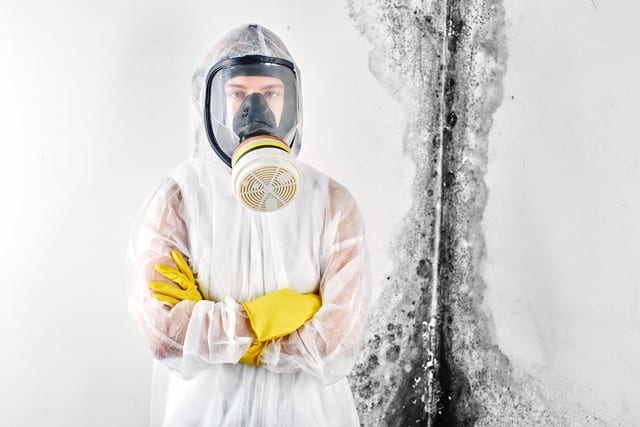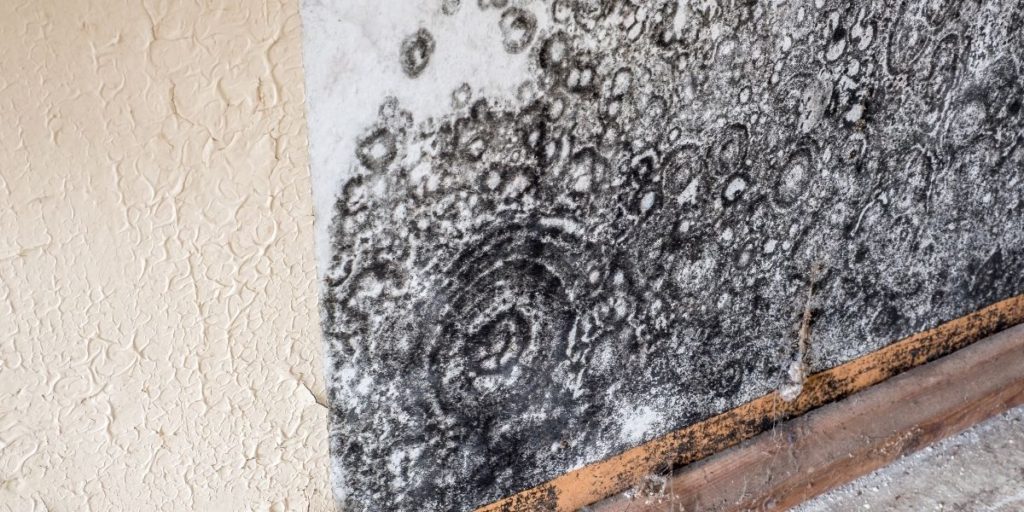Effects of Mould and Causes
Effects of mould is a fungus that grows on various materials, including fabrics, food and paper. They can be found in many places around the home, such as bathrooms, kitchens and basements.
Mould will often have a musty smell, but it can also be difficult to see. Sometimes it may appear as black spots or patches on walls or ceilings. If you find mould in your home, it’s important to remove it as soon as possible. This is because mould can cause health problems and damage both inside and outside of your home.
Help is just a click away
Causes and Effects of Mould
Mould can cause damage to property, furnishings and belongings, as well as harm to your health.
The first step towards removing mould from your home is to identify the source of its growth.
Here are five common causes of mould:
Excess moisture
Excess moisture is one of the main causes of mould growth. It can happen on many surfaces such as bathroom tiles, window frames, walls and ceilings. When the humidity levels in the air remain high over an extended period of time, this occurs. It may also happen if your home has been flooded or if you live in a damp climate.

Poor Ventilation
Poor air circulation such as when there is no air circulation between rooms or when there is a lack of fresh air coming into the home through vents or windows. This allows mould spores to grow on walls, ceilings and floors where they’re not visible.
Dark Area
Mould needs a dark area to grow. Therefore it prefers to live in places like basements or attics where there is little light. If you have a leaky roof or an air conditioning unit that’s not working properly, you may have an infestation of mould in your home.
Leaking water pipes
If your pipes are leaking and there’s water pooling on the floor, you might have an infestation of mould in your basement or crawlspace. This can be dangerous because if you don’t get rid of it quickly enough, it could cause structural damage to your home.
Inadequate cleaning
Your home should be cleaned regularly to prevent mould from growing on surfaces such as walls, floors, ceilings and furniture. If you don’t clean these areas properly or at all, then mould will begin to form within a matter of days. Cleaning also helps remove dirt and dust, attracting moisture and allowing mould spores to grow.
Recent flood
Flooding is an all-too-common occurrence these days, and it can cause a lot of damage to your home. If you’ve experienced recent flooding in your home, there’s a good chance that you have mould. If you haven’t cleaned up the mess from the flood yet, this is the time to do so.
Effects of Mould on Human
Mould spores can be released into the air when you open doors or windows, sweep or vacuum near mould or when there is heavy rain or humidity. Inhaling these spores can cause allergic reactions in some people who are sensitive to them. Some of the signs of an allergic sensitivity are:
- Sneezing
- Coughing
- Runny nose
- Itchy eyes
- Skin irritation (especially around the nose)
Get rid of mould in your home

How To Prevent Mould Growing - Effects of Mould
If you think that you have a mould problem or if you want to prevent one from developing, call Reliance Mould Solutions today. We will inspect your property and determine if there is a risk of mould growth. If there is, we can help you make sure it doesn’t spread any further. Call us now for a free quote and let us help you stop mould from growing in your home.